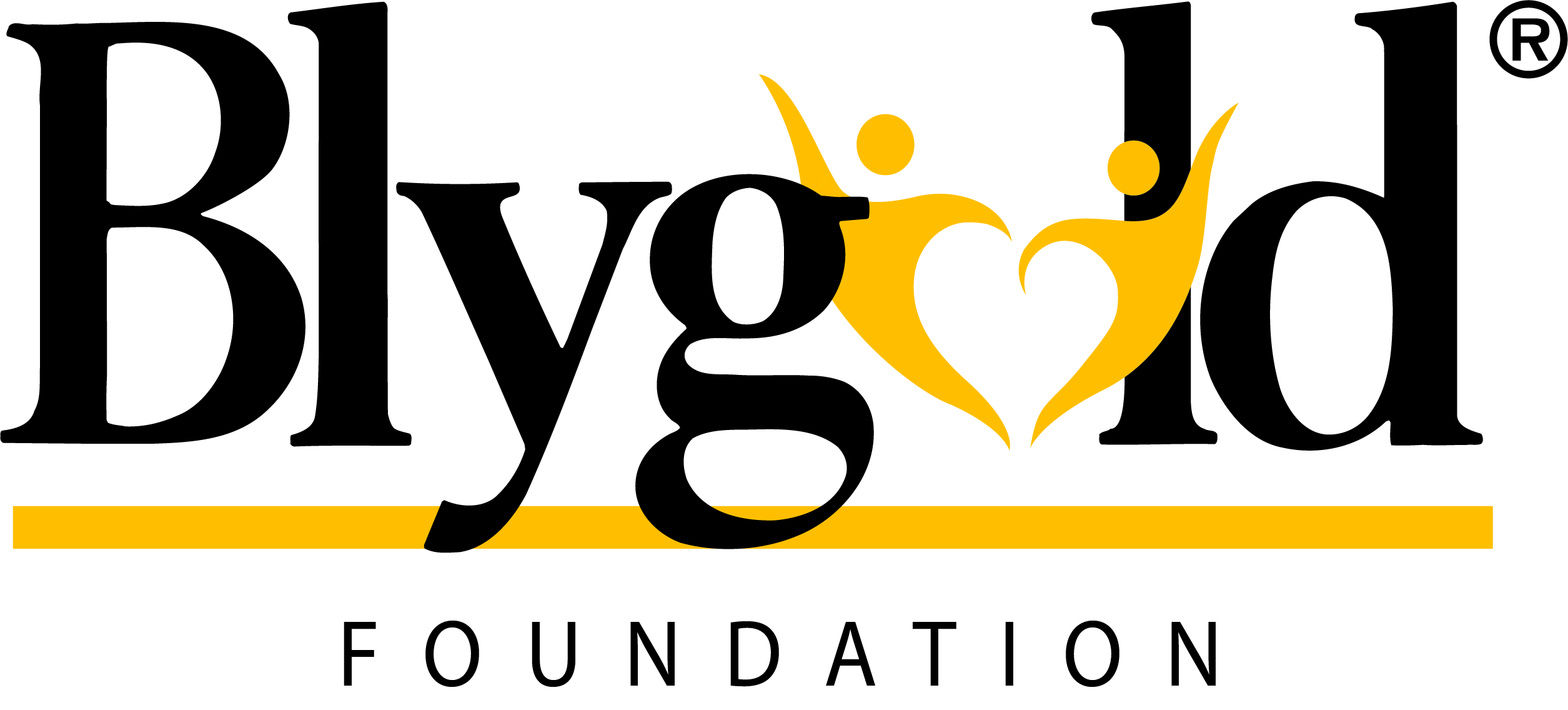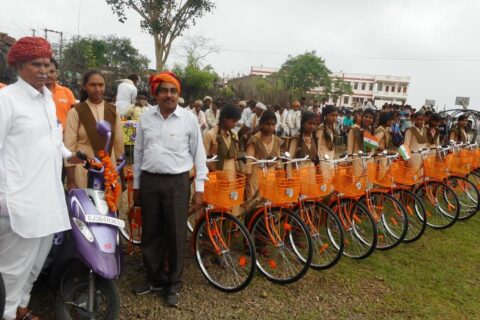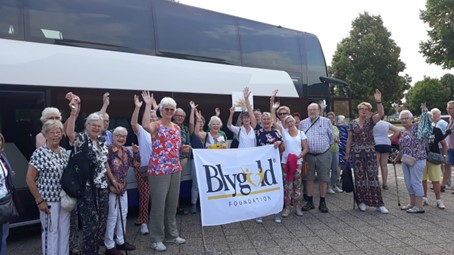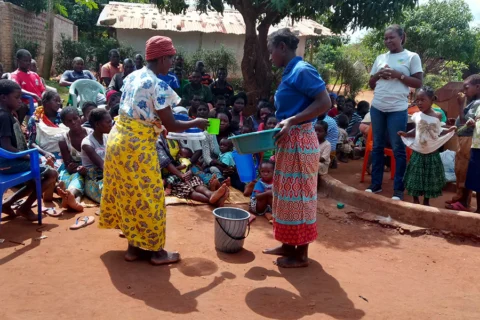By rehabilitating and installing critical water infrastructure within communities and committing to ensure that it is maintained and tested for water quality over the project lifetime, the project reduces the risk of water borne illnesses and the need to boil water for purification, which exposes households to hazardous air pollution. By implementing a WASH campaign and training, the project also improves hygiene and sanitation practices within the communities.
As the burden for collecting water and firewood for purification falls disproportionately on women and children, by installing and rehabilitating boreholes, the project reduces the time poverty of women and children and allows them to spend the time saved on other activities.
- Provision of safe clean water, especially in rural areas
- Positively impacts thousands of people in the project area, especially women and children
- Reduction of firewood
- Reduced time spent on collecting wood and water
- Reduction in the risk of waterborne illness




